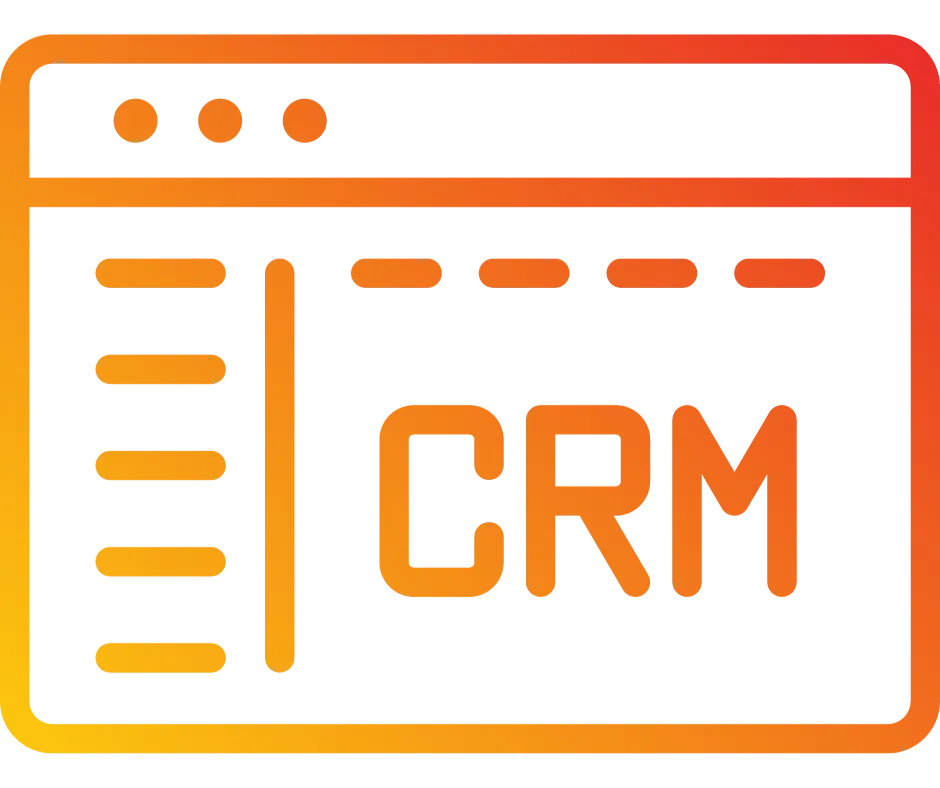
WordPress Hosting
WordPress is an open-source website creation platform that has integrations with BILT. If you are running WordPress websites, you can manage them all in one spot from BILT dashboard. With the search and replace feature BILT will check for all URLs with HTTP and HTTPS and update it in the new domain.
If you are using plugins to extend the functionality of your site, or, utilizing themes to control the appearance of your site, you can manage those here. Another useful feature available is the backup and restore feature which allows you to bring sites back if they break. Follow along for setting up a WordPress site and the features available within the menu:
Step One: Setting up a new WordPress Site
Navigate to Sites > WordPress
To set up your WordPress site, you need to have purchased the WordPress hosting feature under the Sites tab. Once this has been done, you can get started by clicking the "+ Create WordPress" button
Fill in the Site and User details
.png?alt=media&token=3153ff7c-ad9d-421b-bf80-0bb8a2b5c894)
Wait for 10-15 minutes until the installation is complete
.png?alt=media&token=7ddc8ad6-f266-4c37-8f46-78a6da723152)
Step Two: After the installation is complete, you will have access to the following:
The WordPress Dashboard
After installation, you gain access to the WordPress Dashboard. This is your central hub for site management. Here, you can access your site, handle administrative tasks, and monitor its performance.
Here you can access your site and admin portal
Manage Additional Domains & Primary Domain
Import an Existing WordPress Site using the All-in-One WP Migration plugin
Refresh Cache for the WordPress Site
Enhancements to WordPress Hosting
Password Management Improvements:
By default, the visibility of passwords for Site, User, and FTP accounts is hidden to enhance security.
FTP accounts support strong passwords, providing better security for account access.
User Management Enhancements:
First Name and Last Name fields are optional when creating or editing a user profile, offering more flexibility.
Users can include spaces in both the First Name and Last Name fields, allowing for more personalized user details.
Enhanced Admin User Management:
To improve security and content management, a new admin user must be assigned before an existing admin user can be deleted. This ensures a smooth transition and maintains content control.
Simplified Primary Domain Management:
Users can choose the "www" version of their domain as the primary domain when setting up the root primary domain, providing more control and flexibility in domain management.
Managing Domains and Site Import
You can import an existing WordPress site seamlessly using the All-in-One WP Migration plugin.
User Management
Effortlessly manage all users for your site directly from the Dashboard. Simply select Sites > WordPress > Users to streamline user access.
Here you will be able to manage all users for the site
From the Dashboard select Sites > Wordpress > Users
Backup & Restore
Your site's safety is paramount. Our daily backups, stored for the past three days, ensure your data is secure. Backups run daily at 05:00 AM CST, and you can access them whenever needed.
Here you will see backups for the past 3 days
Backups happen daily at 05:00 AM CST
Plugins and Themes
Enhance your site's functionality and appearance with ease. You can update, disable, or change the status of plugins and themes from within your WordPress Dashboard.
Here you can: Update, Disable, and Change the Status
.png?alt=media&token=59fcbdf6-464b-4827-a506-8ce18270a859)
.png?alt=media&token=6f44f0d8-4589-41a3-b5e4-a39699f3587a)
Advanced Settings
Fine-tune your site's performance with advanced settings. You have control over cache management, enabling you to optimize your site's speed and responsiveness.
Database Access via PHP MyAdmin
Now, let's delve into a powerful feature that puts you in charge of your WordPress database. With direct access via PHP MyAdmin, you can perform tasks, manage data, and optimize your database effortlessly.
Key Benefits:
Full control over your WordPress database.
Enhanced efficiency with a user-friendly interface.
Flexibility to perform various operations.
How It Works:
Navigate to Advanced Settings within your WordPress dashboard.
Enable the checkbox to ensure that you make database changes credibly
Select "Database Access" to Access Database Management and click on the "phpMyAdmin" button to manage your WordPress database via the PHP MyAdmin interface.
.png?alt=media&token=328d46b0-ee21-4bfd-9cc7-f1284508a846)
Cache Management
Perform Cache Management: change your cache policy from - Static Caching, Cache Headers, Force all cache and No cache for their site
Ensures that your site performs at its best.
.png?alt=media&token=8bd9fc9a-e6d0-445a-883e-99ee6d577610)
Delete Site
Wipe WordPress Site: this allows you to delete a WordPress site including all files, databases, and domains.
